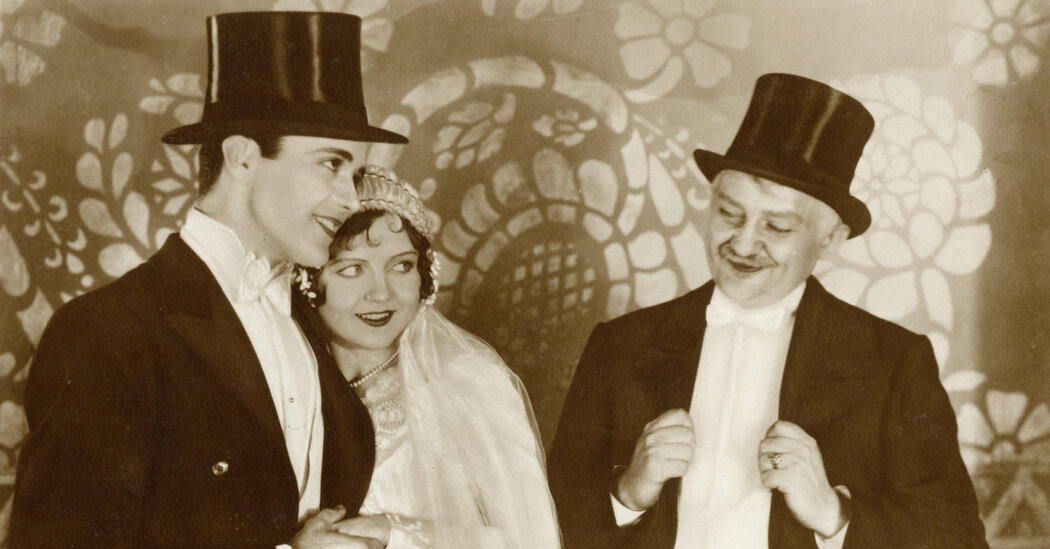Woollcott finally caught up with the show two years after its run, describing it in the New York Sun as “so-so to lackluster and uneventful,” adding that he was taken aback by its success but also by the virulence of his colleagues. to him. Ultimately, he credited his long career to cultivating those very audiences that normally steered clear of Broadway.
In other words, “‘Abie’s Irish Rose’ has not only pleased its audience,” he wrote. “Have created your audience.”
Today, revivals of the play, with its constant ethnic put-downs, are few and far between. He is perhaps best known as part of a list of 20th century arcana, along with Brenda Frazier and Beebe’s Bathysphere, in the Sondheim song “I’m Still Here” from “Follies.”
Interviews with the leaders of the major off-Broadway theaters dedicated to excavating long-forgotten American plays (Mint, Irish Repertory Theater and the Metropolitan Playhouse) established that “Abie’s Irish Rose” is, as Irish’s artistic director tactfully put it, Rep, Charlotte Moore. , “It’s not something we’d be inclined to put on.”
However, Moore is much more of a Nichols fan: “She was born in Georgia and came to New York City, alone! – be an actress. And she wrote the play in three days. I am so envious of her!”
“Abie’s Irish Rose” finally closed in October 1927, and although Nichols (the main beneficiary of the show as a result of financing it himself) revived it twice on Broadway, the show ran for a combined 66 performances compared to the previous ones. 2,327 of the original, a record that would not be surpassed until the 1933 play “Tobacco Road”.
Those future Lorenz Hart “Manhattan” babies would have to make do with “Bridget Loves Bernie,” “Chicken Soup” and “Bob Hearts Abishola,” just a few of the many television series that have exploited the cross-cultural comedic potential that Nichols… who devoted much of his subsequent career to overseeing radio and film adaptations and touring companies of the show, seized upon so successfully in the 1920s.
By the time the original post closed, “Abie’s” fatigue had extended even to the seemingly inexhaustible weekly mini-review of Benchley’s Life:
“We have nothing more to do with this. It may be working and it may not. To hell with that. “
